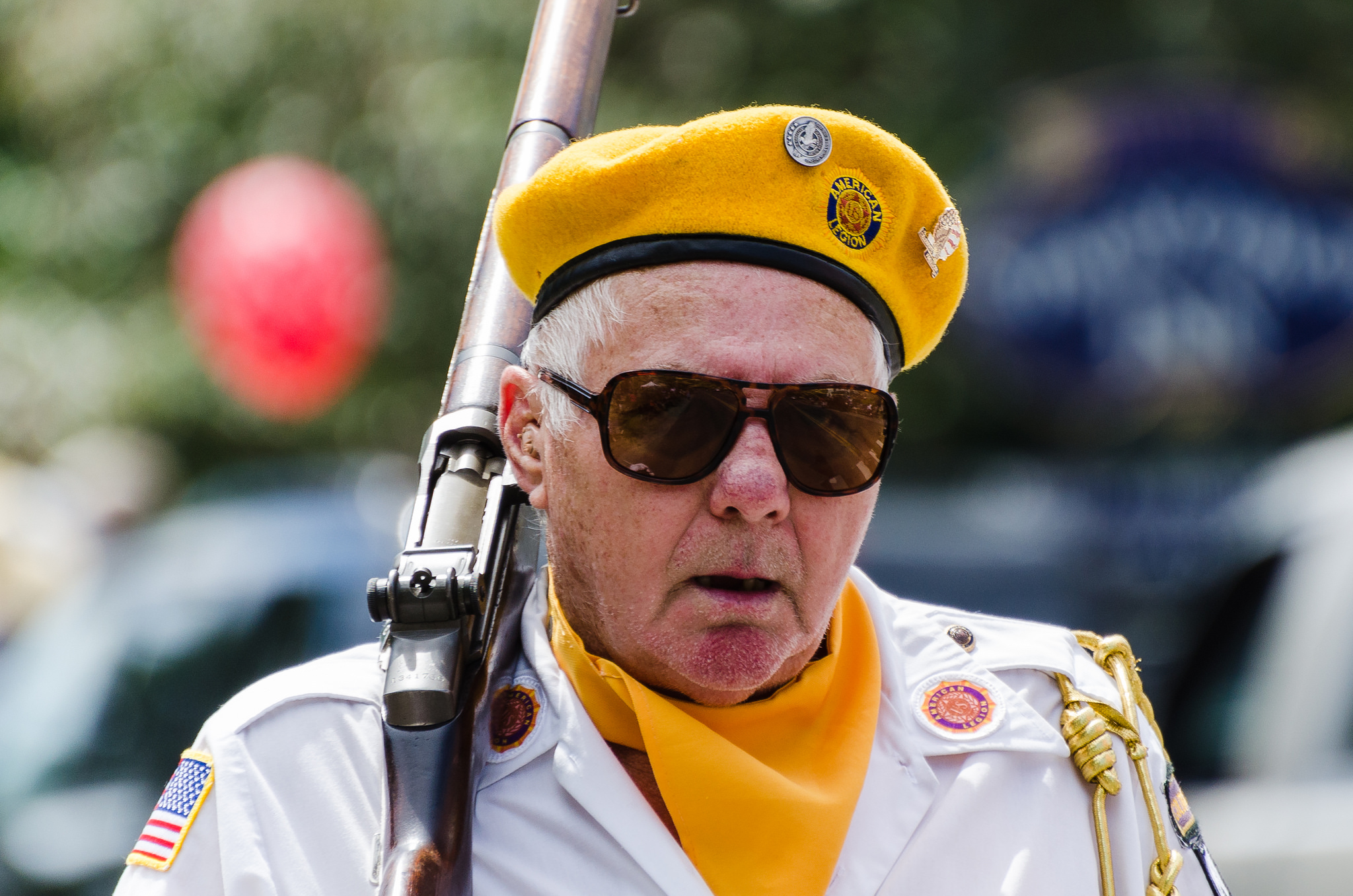Originally published at MintPress News.
AUSTIN, Texas — The American Legion has called on the U.S. government to reconsider its stance on medical cannabis in order to benefit some of the millions of veterans the organization represents.
With a membership of about 2.4 million veterans, the Legion’s become a powerful voice in the growing debate over the potential benefits of the plant to victims of post-traumatic stress disorder, traumatic brain injuries, and a host of other conditions that veterans frequently face.
The Legion passed a resolution at its annual convention, which ran from Aug. 30 to Sept. 1 in Cincinnati, Ohio, urging Congress to reschedule marijuana. The resolution reads, in part:
RESOLVED … that The American Legion urge the Drug Enforcement Agency to license privately-funded medical marijuana production operations in the United States to enable safe and efficient cannabis drug development research; and, be it finally,
RESOLVED, That The American Legion urge Congress to amend legislation to remove Marijuana from schedule I and reclassify it in a category that, at a minimum will recognize cannabis as a drug with potential medical value.
The National Institutes of Health estimate that 7.7 million Americans suffer from PTSD. Figures from the Department of Veterans Affairs suggest that includes 31 percent of Vietnam veterans, 10 percent of Desert Storm veterans, 11 percent of Afghan War veterans, and 20 percent of Iraq War veterans.
Currently, the Drug Enforcement Agency, which oversees the federal scheduling system established by the 1970 Controlled Substances Act, classifies cannabis as a Schedule I substance. Like heroin and cocaine, the federal government considers marijuana to have “no currently accepted medical use in treatment in the United States.”
Despite the growing number of states legalizing medical or recreational cannabis, and an increasing number of medical experts who are willing to vouch for its healing potential, the DEA refused to reschedule cannabis in August. The agency did, however, make a small concession by slightly changing the rules surrounding cannabis research.
One of the most vocal proponents for cannabis research in the medical field is Dr. Sue Sisley, a Phoenix-based family physician and researcher who is a key part of the first government-funded study to examine the effectiveness of cannabis in treating veterans with PTSD.
Sisley, who has been instrumental in convincing individual American Legion posts to support cannabis, spoke at the annual convention ahead of the vote:
https://twitter.com/LouisCelli/status/772927512565415936
“I was surprised to see how many of the local posts were eager to support our work but I wondered how we could ever get the national office to examine this,” Sisley said in an interview with Marijuana.com’s policy reporter, Tom Angell, published on Sept. 6.
She added:
I only heard very positive feedback from the thousands of veterans in the audience. I was stunned at how little controversy there was. It seems highly unanimous among American Legion members that we owe it to the veteran community to demand end to the barriers to this kind of cannabis research. In light of the epidemic of veteran suicide, the Legion knows they must strive to uncover new treatments for PTSD/opioid epidemic, etc.
Vet with PTSD faces possible prison sentence over cannabis
A growing number of veterans are turning to cannabis instead of, or as a supplement to, pharmaceutical drugs commonly prescribed for PTSD. Currently, 25 states offer some form of access to legal marijuana, and in 2011, the VA agreed not to punish veterans for using cannabis in those states. But veterans in other states are still at risk of losing access to their military benefits and suffering the devastating legal consequences of the war on drugs if they use cannabis in any form, for any reason.
In June 2014, Oklahoma police responding to a domestic violence call at the home of Kristoffer Lewandowski, a U.S. Marine Corps veteran, discovered six marijuana plants he was growing to use to treat his PTSD. Lewandowski, whose wife Whitney insisted he’d never been violent toward her or their family, initially faced drug trafficking charges that could have resulted in a life sentence.
After he was released on bail, Lewandowski moved his family to California, where he easily received a prescription to legally use cannabis and enrolled in college, only to face a guns-drawn raid at his children’s preschool and extradition back to Oklahoma in July 2015.
After an outcry in the independent press and on social media, Lewandowski’s felony charges were dropped. It seemed that he would be able to settle his case through a type of mediation called a veterans court, but now Lewandowski is back in court, facing up to five years in prison.
Sean Kiernan, president of Weed For Warriors, an NGO that supports Lewandowski and other veterans like him, told MintPress News that the veterans court system would have required Lewandowski to move his family back to Oklahoma for up to two years.
“And the other thing is, he can’t use cannabis while he’s in veterans court,” Kiernan explained.
Unable to meet the requirements of the veterans court system, Lewandowski landed back in civilian court. While Lewandowski is an example of the potentially costly consequences of the war on drugs for veterans, Kiernan said the combination of a talented, well-connected lawyer and recent prison reforms in Oklahoma designed to reduce prison overcrowding offer hope for the retired Marine’s future.
“There’s a very good likelihood that he’ll get probation,” Kiernan said, “and be able to move back to California and use cannabis and go on with his schooling.”
